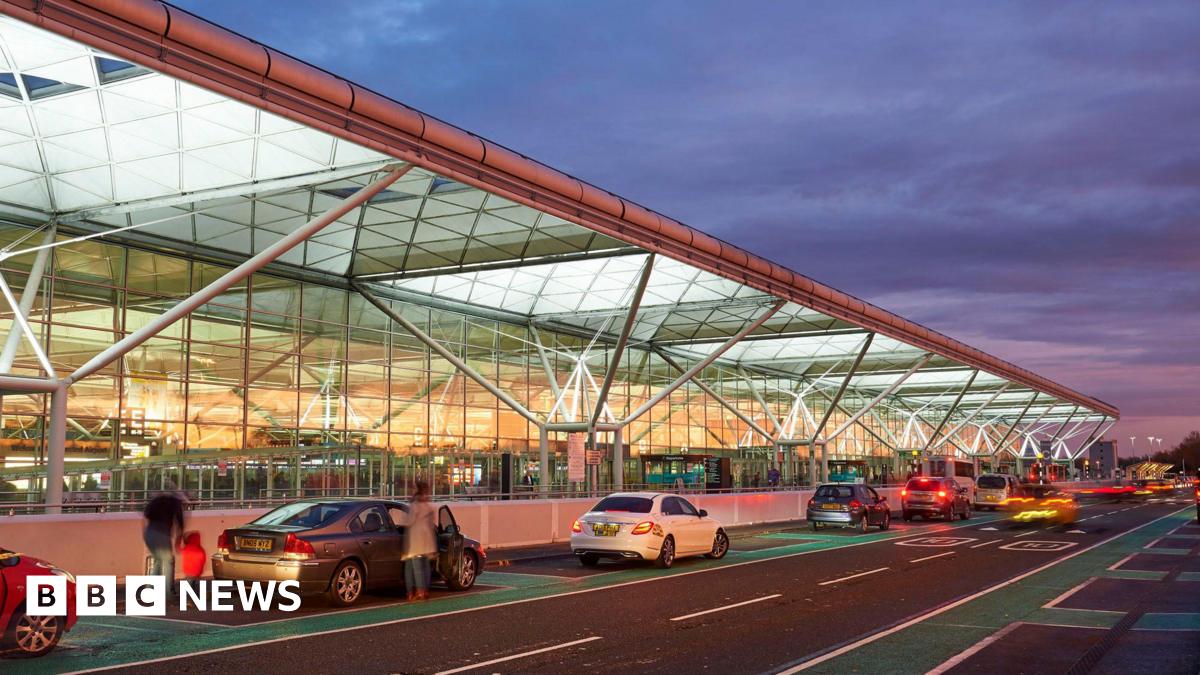Horoscope
Aurora Borealis dances across skies in 10 stunning photos: Northern Lights dazzle UK and US after Solar storm

A powerful solar storm supercharged the Earth’s magnetosphere, sparkling the usually elusive Aurora Borealis, or Northern Lights, across the UK. The celestial spectacle, predicted by the National Oceanic and Atmospheric Administration (NOAA)’s Space Weather Prediction Center (SWPC) as the most powerful since 2003, left skywatchers obsessing over the unforgettable display of nature’s beauty.
Geomagnetic storm unleashes dazzling Aurora Borealis
Also read: Severe solar storm: Northern lights to be visible across almost all of US
NOAA previously issued a rare alert on Thursday but predicts that the effect will continue until the weekend. The rare solar storm has great potential to disrupt communication, GPS, and other satellite communications as well. Heightened solar activity produces auroras that dance around Earth’s poles, recognised as the northern lights or aurora borealis.




Which part of UK witnessed Northern Lights
From Scotland’s rolling hills to the bustling streets of London, Wales, and England, the UK’s night sky offered a once-in-a-lifetime experience, leaving Britons in awe. Experts note that these lights are typically most visible around the poles, where the magnetic field is strongest. However, when electrically charged particles from the sun collide with Earth’s magnetic surface, it results in an even more spectacular display than usual. The colours seen are created as they interact with gases in the atmosphere, producing different coloured palettes in the sky.
Also read: Meghan Markle ‘shades’ UK Royals in Nigeria with ‘controversial’ Windsor dress; fans convinced

Photos of northern lights across US
Officials mentioned that Americans as far south as Alabama and Northern California could witness the northern lights this weekend due to a strong geomagnetic storm approaching Earth.

“If you happen to be in an area where it’s dark and cloud free and relatively unpolluted by light, you may get to see a fairly impressive aurora display, and that’s really the gift from space weather, is the aurora,” National Oceanic and Atmospheric Administration’s space scientist told CBS news.











